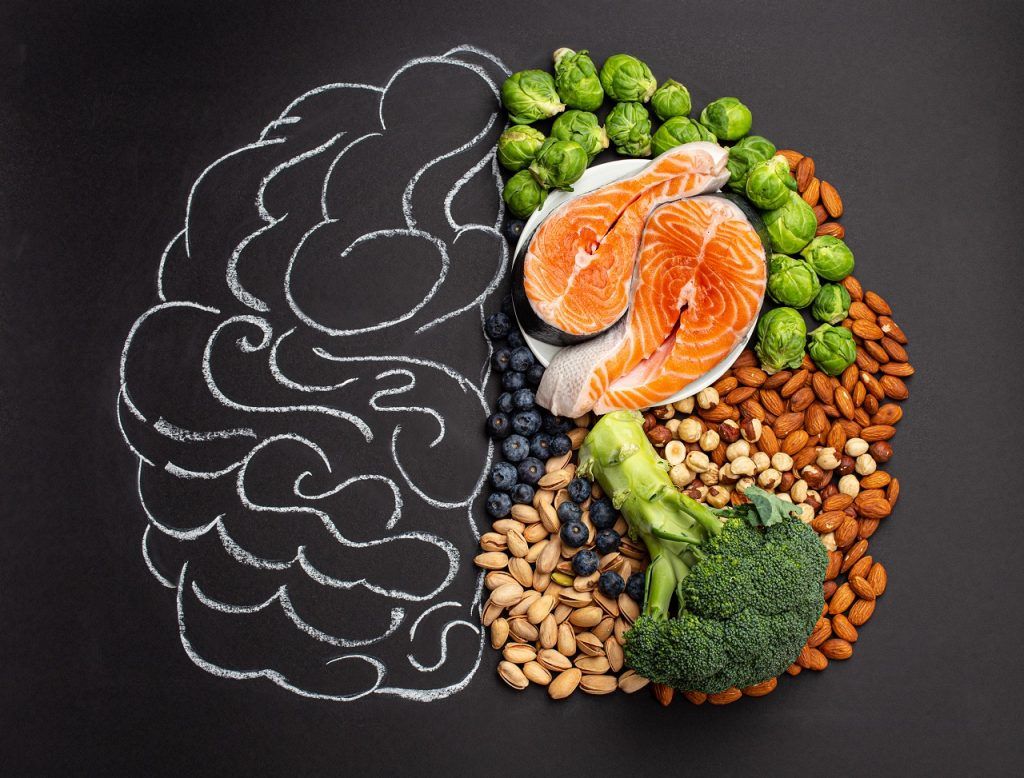Have you ever noticed how stress sometimes leads you down an emotional path, influencing the choices on your plate? The fascinating connection between food and stress goes deep, and it’s time to explore it further.
Meet Cortisol, the hormone associated with stress, which our bodies release when we’re under pressure. In the short term, Cortisol helps us gear up for the “fight-or-flight” response, but when it hangs around too long, it can wreak havoc on our blood sugar, blood pressure, and how we process nutrients. Here’s the exciting twist: While we can’t exactly eat our way out of stress, we can certainly make food choices that support our bodies in managing stress effectively.
Get ready to uncover the delicious secrets that lie within your daily nutrition, helping you combat the long-term impacts of Cortisol and take control of your stress levels.
Supporting Gut Health with Probiotic and Prebiotic Foods
Adding foods to support Gut health (Probiotic and & Prebiotic foods) helps to support healthy blood sugar levels, improve digestive comfort, and improve cholesterol levels. Probiotic foods include things like yogurt, kombucha, and kefir. Adding Fiber-rich foods (prebiotic foods such as whole-grain bread, oatmeal, brown rice, berries, broccoli, carrots, etc.) reduces the risk for developing colon cancer, heart disease, and diabetes.
The Role of Omega-3 Fatty Acids in Reducing Inflammation
Foods containing omega-3 fatty acids improve cell health (which can reduce inflammation) and support heart health. Omega-3 fatty acids are found in fish, avocados, and olive oil. Omega-3 fatty acids help all the cells in your body to function properly. Omega-3 fatty acids reduce the risk of many chronic diseases (including heart disease). They also provide a vital energy source for the body.
Magnesium: A Key Element for Physical and Mental Relaxation
Magnesium supports physical and mental relaxation. It is essential for healthy muscles and nerves. Sources of magnesium include bananas, broccoli, spinach, and dark chocolate. Adequate intake of Magnesium is associated with decreasing the risk of heart attack, stroke, diabetes, and osteoporosis.
Boosting Energy and Metabolism with B Vitamins
B vitamins support healthy metabolism and improve energy levels. Sources of B vitamins include salmon, leafy Greens (kale, spinach), eggs, legumes (black beans, chickpeas, edamame, pinto beans). and yogurt. B Vitamins reduce the risk of heart disease and help to lower bad cholesterol (LDL).
Dietary Strategies to Lower Cortisol Levels Naturally
Making the effort to include probiotics, fiber-rich foods, omega 3 fatty acids, magnesium, and B vitamins can help reduce inflammation in the body and help lower cortisol levels naturally.
Stress management can be a holistic approach in your life. Starting with your nutrition is a natural way to support our body’s ability to manage stress. Learn how to be intentional about your nutritional health and call Next STEPS Worldwide for your FREE consultation today!


0 Comments